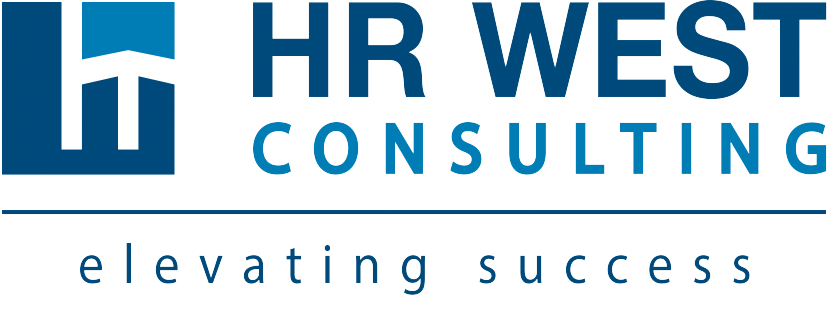The following article was originally published in Inn Focus magazine, Winter 2021 Issue. See it online at:https://www.yumpu.com/en/document/read/66022348/innfocus-winter-2021
by Amy Saini
When it comes to Diversity, Equity and Inclusion (DEI) practices, each sector, and industry has norms and best practices which they look to for guidance, support, and inspiration. In our contemporary world, we are constantly looking at diversity from many angles to measure whether our organizations are demonstrating DEI, in the people that work with us, in the clients we serve, and even in the way in which we make decisions and embrace change. Some workplaces and industries struggle with articulating their commitment to diversity initiatives and others jump forward without looking back. What is it that makes one industry leap forward while others move slowly with trepidation? Let’s take a closer look at the hospitality industry and how their DEI journey has evolved over recent months.
The hospitality industry is incredibly unique as it is comprised of a vast mosaic of businesses, services, and people. At its core, guest experience and client satisfaction are at the heart of the mission and purpose of successful businesses within the sector. It is clear that values are paramount for businesses to actualize and live their mission. Diversity and inclusion values are commonplace amongst hospitality focussed businesses. After all, inclusivity is behaviour that staff are regularly asked to demonstrate in their roles. Cultural awareness training is an expected offering for many hotels so that employees have sensitivity and recognize the characteristics of different cultures. The awareness gained through the learnings help guide inclusive communications and create inclusive facilities for guests and patrons.
Recently, BCHA demonstrated its commitment to DEI through its proud commitment to the 50/30 Challenge.
As workers are expected to exhibit cultural awareness externally to guests, it is even more important that internal workplace culture within the sector also embraces concepts of DEI. Recently, the BC Hotel Association (BCHA) demonstrated its commitment to DEI through its proud commitment to the 50/30 Challenge. This is an initiative put forward by the Government of Canada, and private sector businesses to attain gender parity (50% representation) and 30% representation of under-represented groups on boards and in senior management roles. Underrepresented groups may include racialized persons, those with disabilities, and members of the LGBTQ2+ community, among others.
Businesses that have committed to the challenge are faced with the task to find creative solutions to accomplish the 50/30 mission. The BCHA has demonstrated its commitment to the challenge through some monumental changes. Perhaps one of BCHA’s biggest accomplishments has been its welcoming of Ingrid Jarrett, the first female president and CEO in its 104 years of operation. Ingrid recognizes the role that education, tools, and training provide in supporting the 50/30 challenge in the workplace. In its longstanding advocacy work, BCHA continues to provide a variety of training and education opportunities in the areas of leadership, diversity and inclusion, HR practices, and communication to name a few. The association has partnered with go2HR for a series of specific trainings to educate members in the areas of DEI.
Furthermore, BCHA provides coaching and development opportunities to members through various education partners such as Royal Roads and Okanagan College. The association has continued to build partnerships with organizations to further highlight its organizational values of leadership and collaboration. One relevant example of this is BCHA’s partnership with the Worth Women’s Association. The purpose of this partnership is to encourage the representation of women in leadership positions in the hospitality industry. The goal is accomplished through mentorship between a professional in the recreation, tourism, and hospitality field and an experienced leader. Through such mentorship opportunities, women build personal networks and gain access to someone who can inspire and guide them towards their goals.
Given the current labour shortages, the hospitality industry is facing a long road ahead in filling jobs within the sector. The industry will need to be particularly savvy when looking at filling senior level roles with underrepresented groups while also filling front-line jobs where considerable vacancies currently lie.
Encourage the representation of women in leadership positions.
Much of BC’s attraction as a tourism destination is rooted in its cultural diversity. Indigenous culture and history are a central part of BC’s heritage. Cultural festivals, celebrations, and multicultural events attract countless visitors to the region each year. As BC continues to explore how it can be an inclusive destination for visitors, the hospitality industry will continue to make progress on representing that inclusivity within its own workforce.
The 50 – 30 challenge provides a framework for organizations to gain momentum in adopting DEI practices which lead to equity in the workplace. We commend BCHA and its participating members to accept such a challenge through an unprecedented time. As a sector that thrives on innovation and solutions focussed practices, there is no doubt that the hospitality sector will find creative avenues to meet the 50 – 30 challenge.



